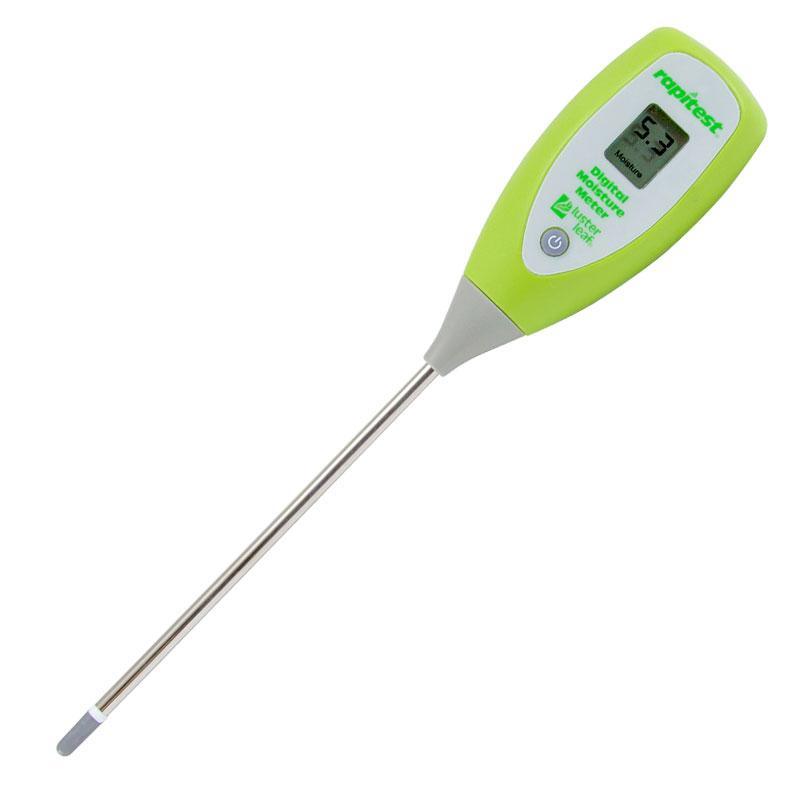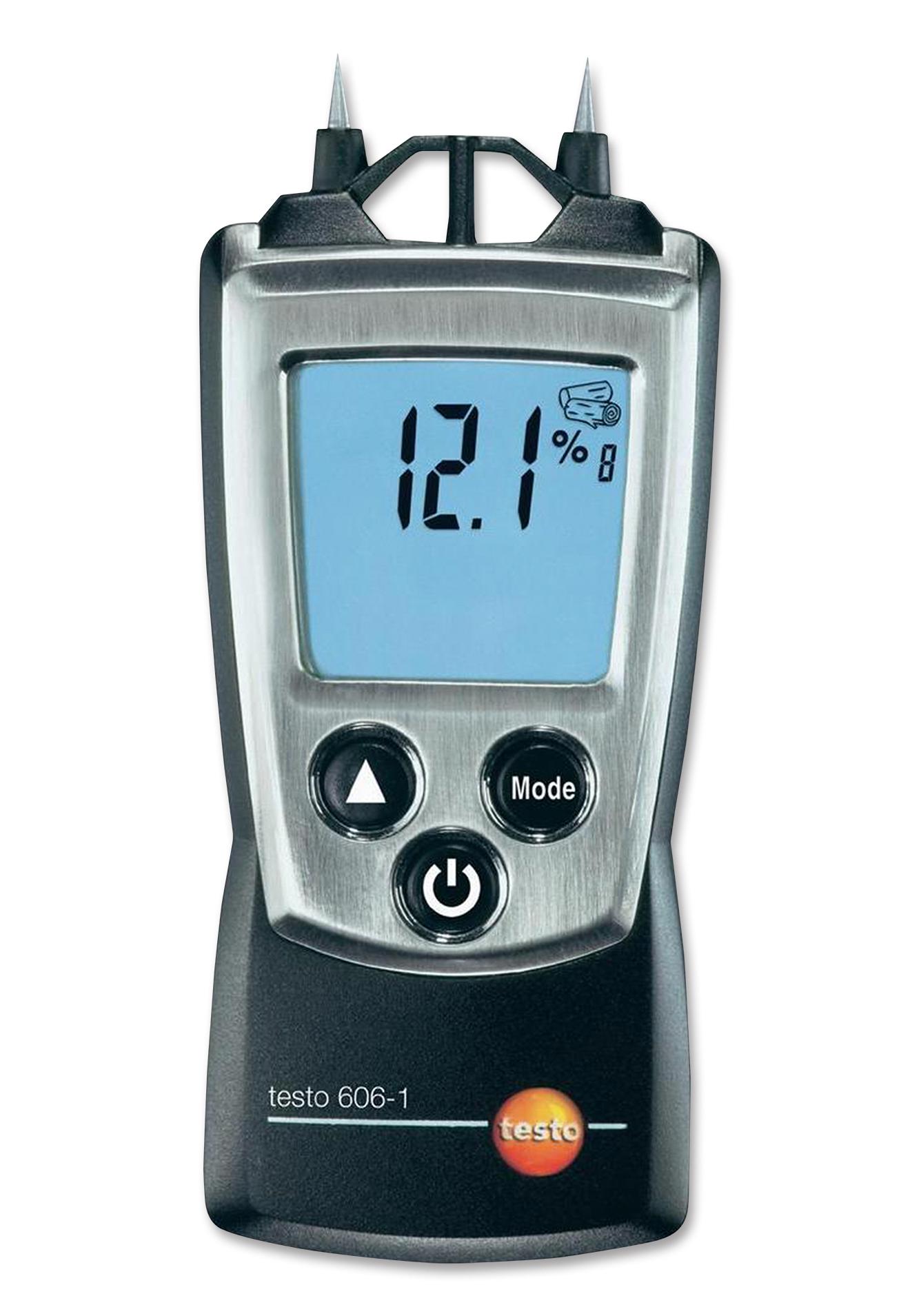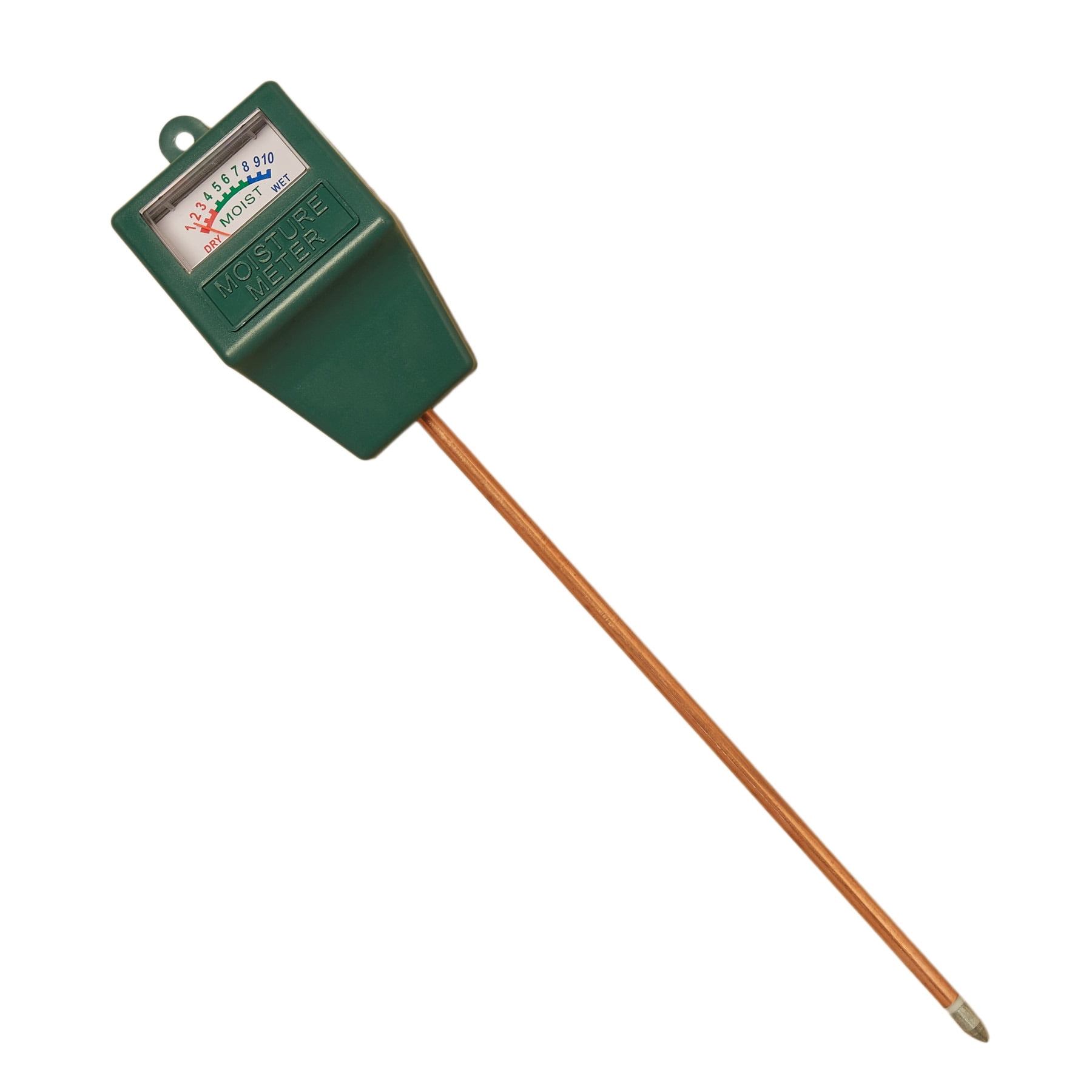The Science Behind Moisture Meters: Just How They Work and Why They're Crucial
The Science Behind Moisture Meters: Just How They Work and Why They're Crucial
Blog Article
The Ultimate Guide to Moisture Meters: A Comprehensive Overview and How They Can Save You Cash
In the realm of building maintenance, building, and various industries, the value of precisely measuring dampness degrees can not be overemphasized. Wetness meters function as essential devices in spotting and checking moisture content in materials, helping in protecting against pricey problems and making certain the quality of items. Understanding the subtleties of various sorts of dampness meters, their applications, and the possible cost-saving benefits they offer can be a game-changer for experts and companies alike. Discovering just how these devices can not only simplify processes yet likewise add to economic savings is a journey worth embarking on.
Kinds Of Moisture Meters
Different kinds of wetness meters are offered for various applications in numerous industries. One common type is the pin-type moisture meter, which determines the electrical resistance between two pins inserted right into a product. This kind appropriates for timber, drywall, and other building materials. Pinless dampness meters, on the other hand, usage electro-magnetic sensing unit plates to check a larger location without triggering damage to the product's surface area. These meters are perfect for rapidly assessing wetness levels in big areas such as floors and wall surfaces.
Infrared dampness meters gauge the thermal residential or commercial properties of a product to identify its dampness material non-invasively, making them valuable for applications where pin or pinless meters may not be suitable. Understanding the various types of moisture meters offered can aid sectors pick the most ideal tool for their details wetness measurement requirements.

Benefits of Making Use Of Moisture Meters

Additionally, utilizing dampness meters can lead to increased power efficiency. In agricultural settings, dampness meters play a crucial role in enhancing crop yields by making it possible for farmers to keep track of dirt moisture degrees and make notified watering choices.
How to Choose the Right Moisture Meter
Picking the appropriate dampness meter involves thinking about key variables such as product compatibility, dimension array, and calibration precision. When choosing a wetness meter, it's necessary to make certain that the meter is appropriate for the certain product you will certainly be screening. Different materials have varying electrical homes that can affect moisture analyses, so picking a meter developed for your material is vital for precise outcomes. Additionally, think about the measurement series of the wetness meter. Ensure that the meter can find wetness degrees within the range needed for your applications. Calibration precision is find out an additional crucial variable to bear in mind (Moisture Meter). Select a dampness meter with reliable calibration to ensure regular and accurate analyses. Some meters might call for periodic calibration modifications, so comprehending the calibration procedure is essential. By carefully assessing these aspects, you can choose a wetness meter that satisfies your needs and offers precise moisture measurements for your tasks.
Appropriate Strategies for Moisture Meter Usage
To make certain exact wetness analyses and take full advantage of the efficiency of a moisture meter, utilizing correct strategies is necessary. When utilizing a pin-type dampness meter, insert the pins or probes right into the product being checked till they make full contact. By complying with these appropriate strategies, users can depend on their moisture meter to offer trustworthy wetness degrees, aiding in preventing pricey damages or ensuring quality in different applications.

Expense Cost Savings With Moisture Meter Applications
Just how can the tactical usage of dampness meters lead to significant expense savings throughout various sectors? In the farming sector, wetness meters aid in identifying the optimum time for gathering plants, avoiding excess or over-drying wetness that can affect the last item's high quality.

Moreover, in the food processing sector, wetness meters are essential for monitoring product quality and guaranteeing compliance with safety and security guidelines. By properly measuring dampness material in foodstuff, makers can prevent spoilage, preserve quality, and decrease waste, resulting in considerable expense financial savings. In general, the critical application of dampness meters is a valuable financial investment that can lead to considerable expense decreases and boosted performance throughout numerous markets.
Verdict
To conclude, dampness meters are important devices for gauging and identifying dampness levels in numerous products. By utilizing the best dampness meter and following appropriate strategies, customers can efficiently protect against pricey problems triggered by excess moisture. Spending in a quality moisture meter can lead to considerable price savings in the future by determining prospective issues at an early stage and allowing prompt removal. Inevitably, wetness meters are crucial tools for keeping the integrity and durability of structures and materials.
Moisture meters offer as vital devices in finding and monitoring moisture material in materials, aiding in avoiding expensive damages and making sure the quality of items. Infrared moisture meters measure the thermal properties of a product to identify its dampness content non-invasively, making them useful for applications where pin or pinless meters may not be suitable.Moisture meters provide invaluable advantages in properly evaluating and monitoring dampness levels in diverse materials and settings. In farming setups, dampness meters play an essential role in maximizing crop yields by making it possible for farmers to check dirt wetness degrees and make educated watering decisions.In verdict, moisture meters are important devices for gauging and spotting dampness degrees in different materials.
Report this page